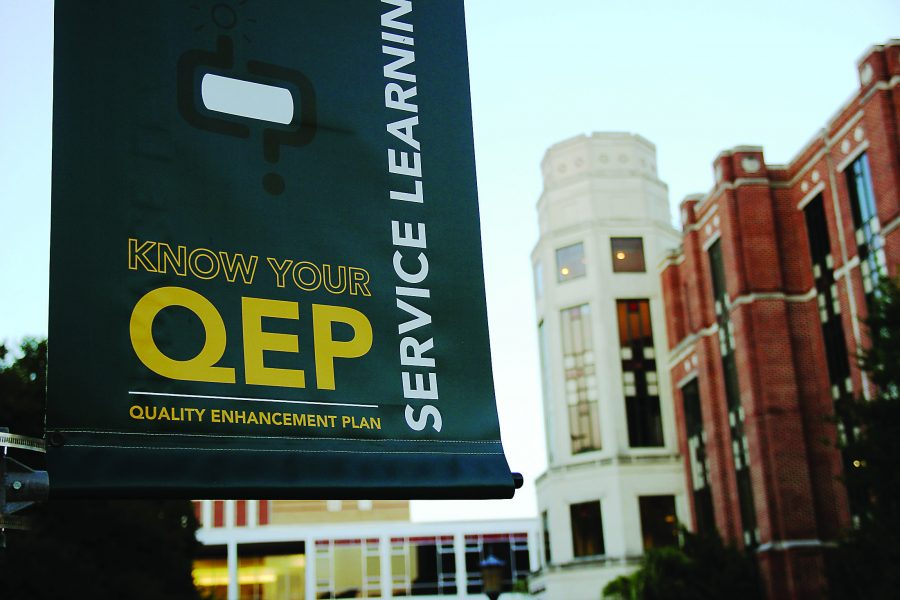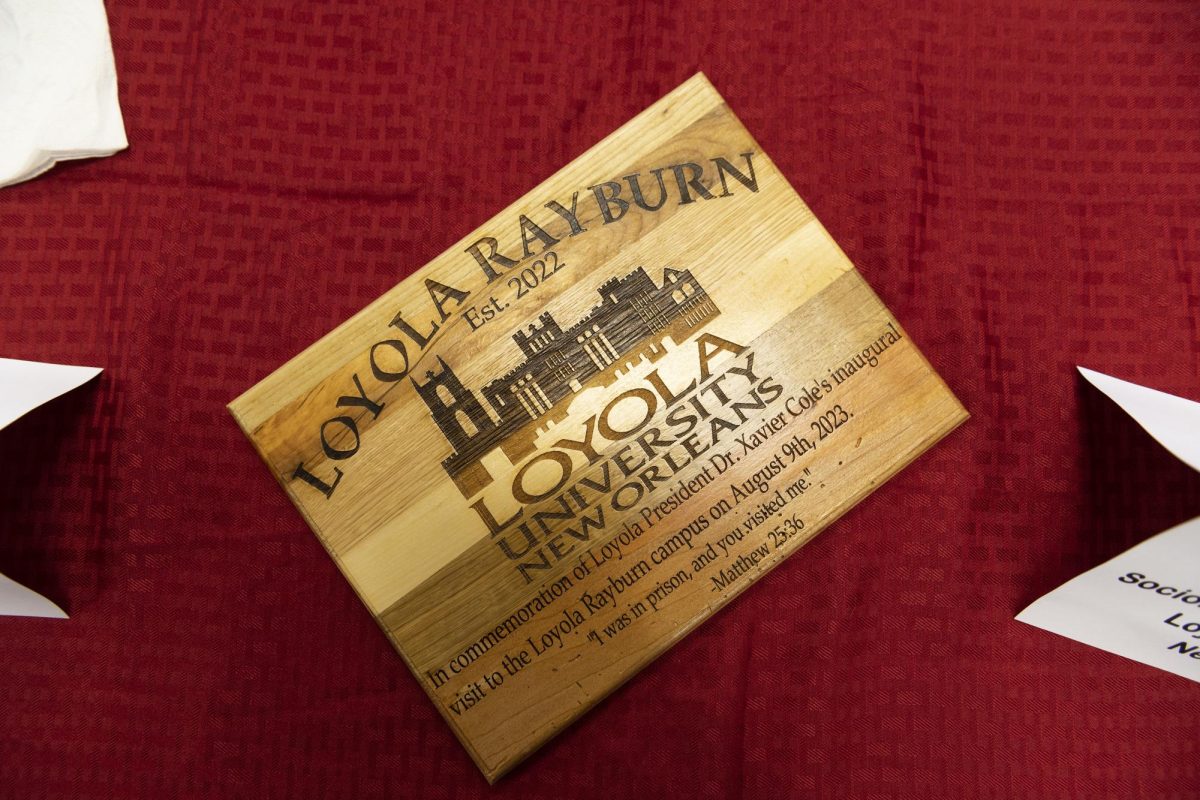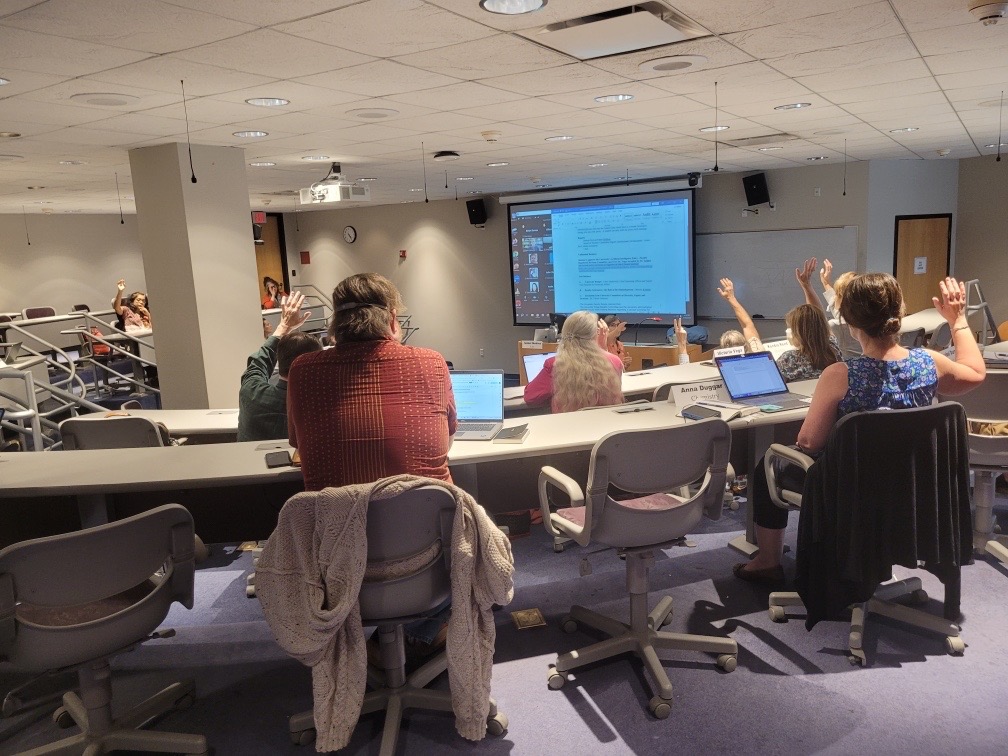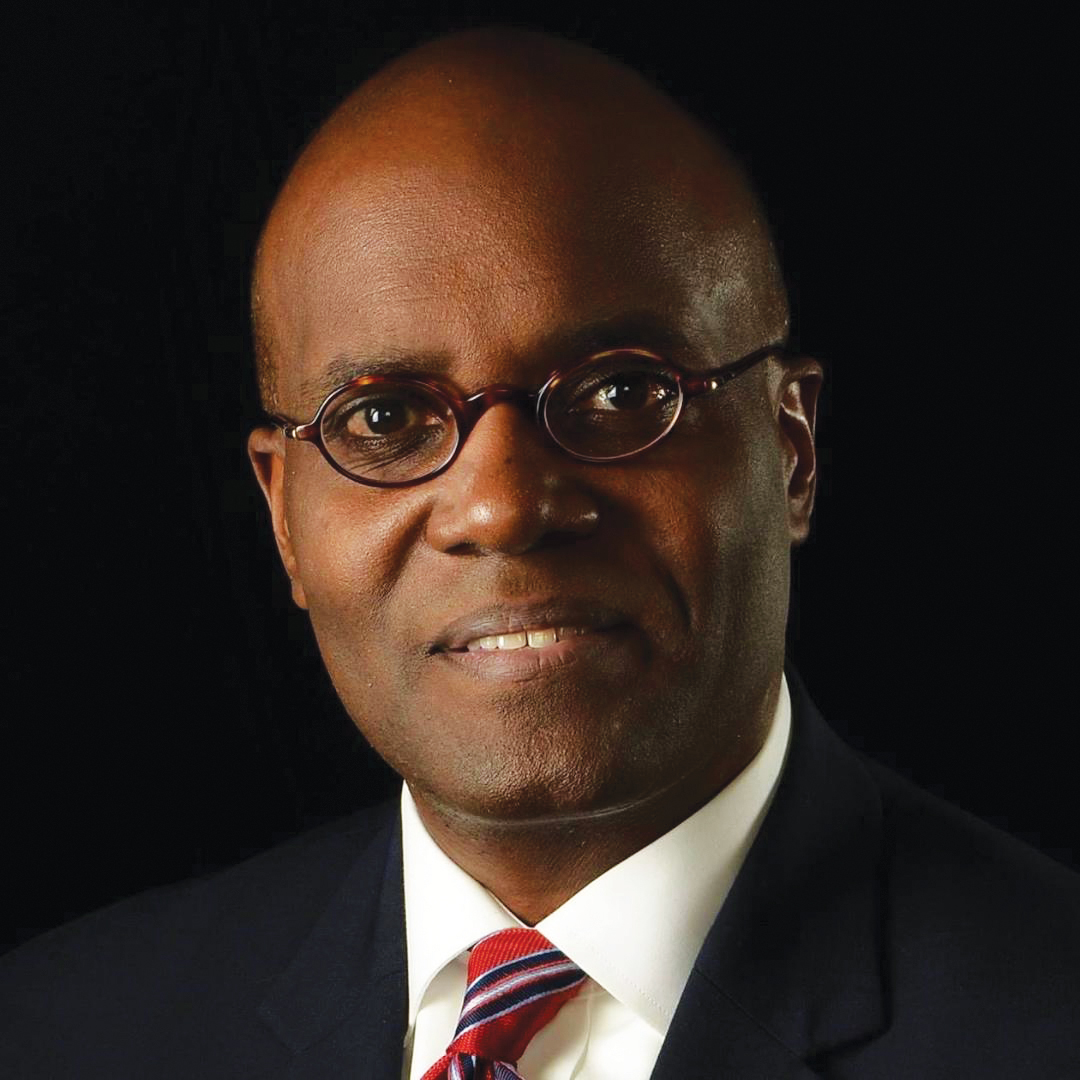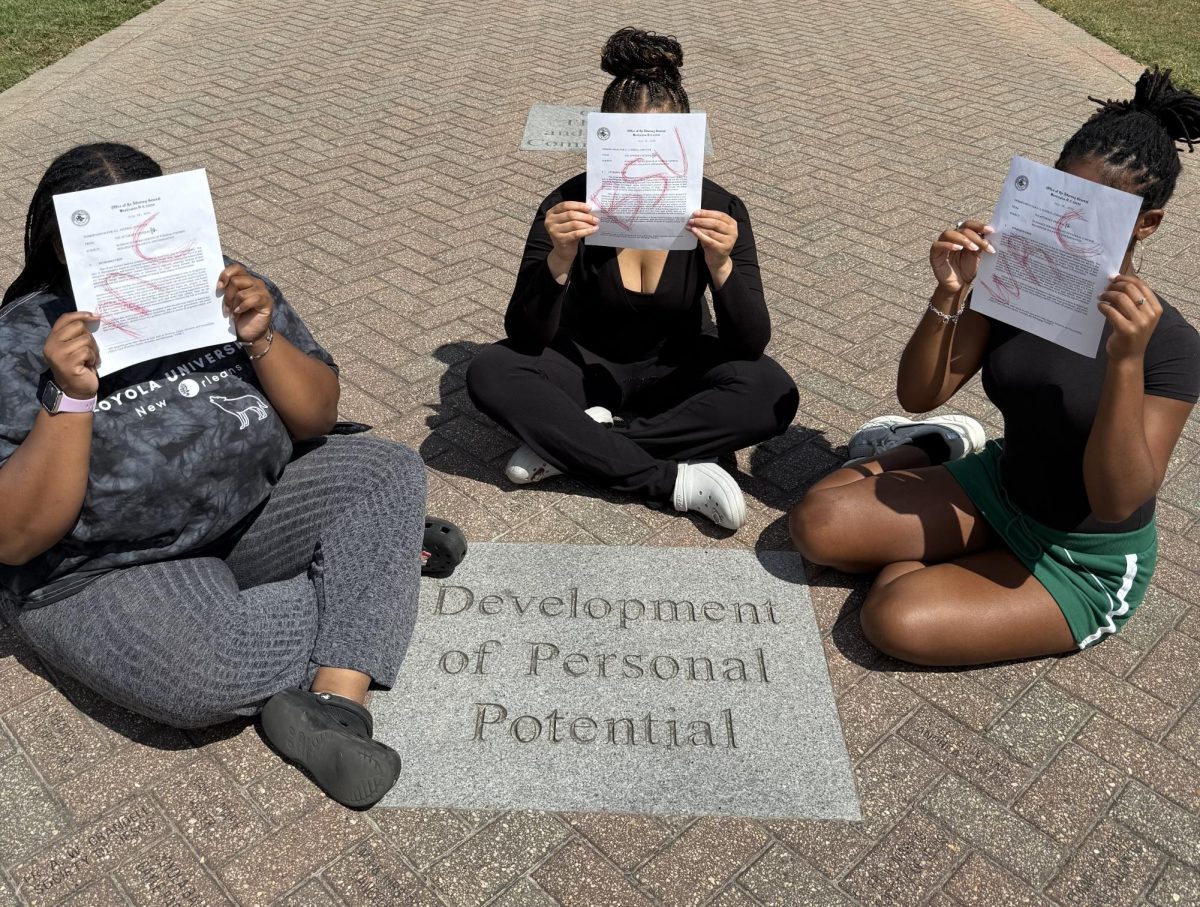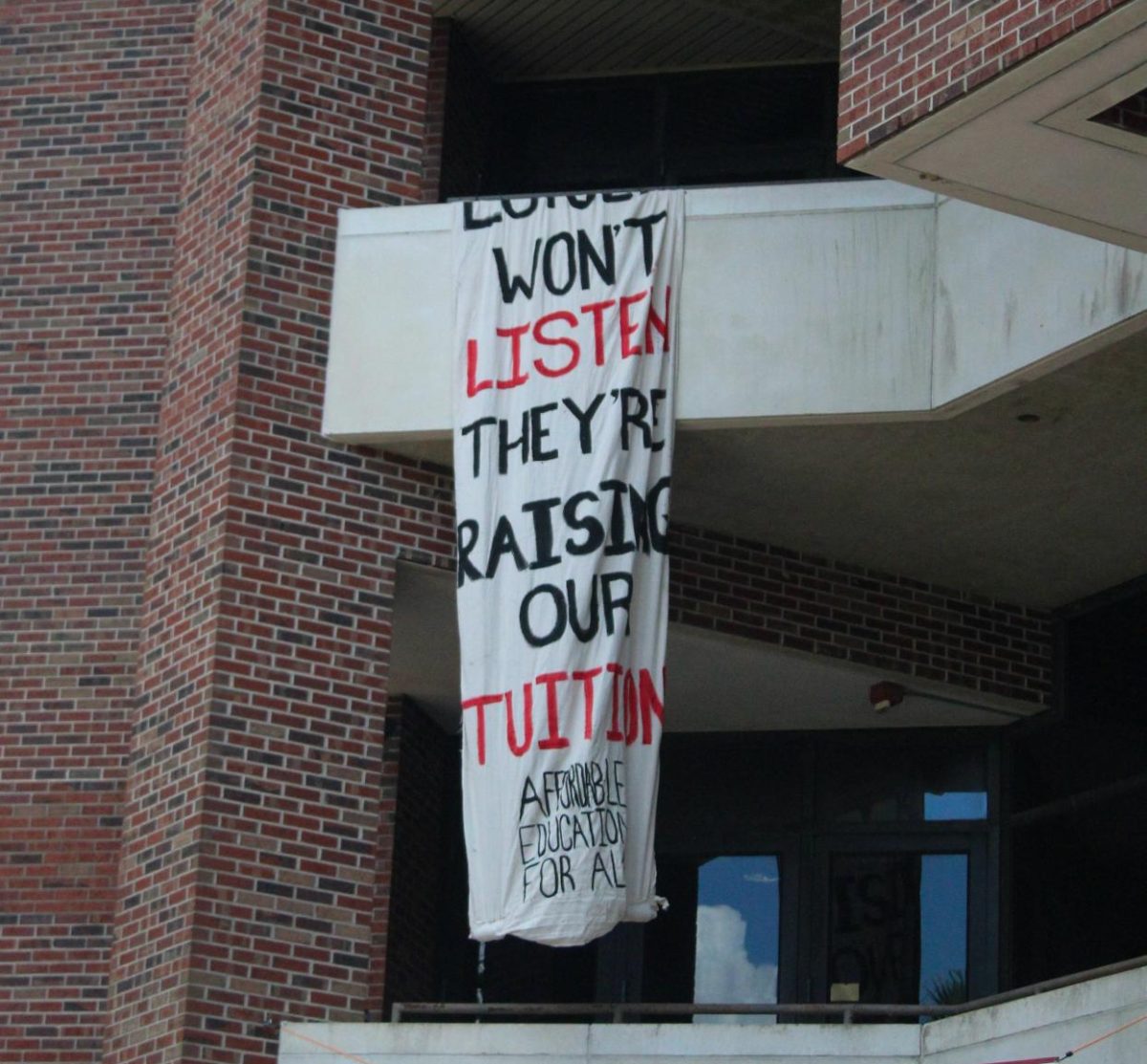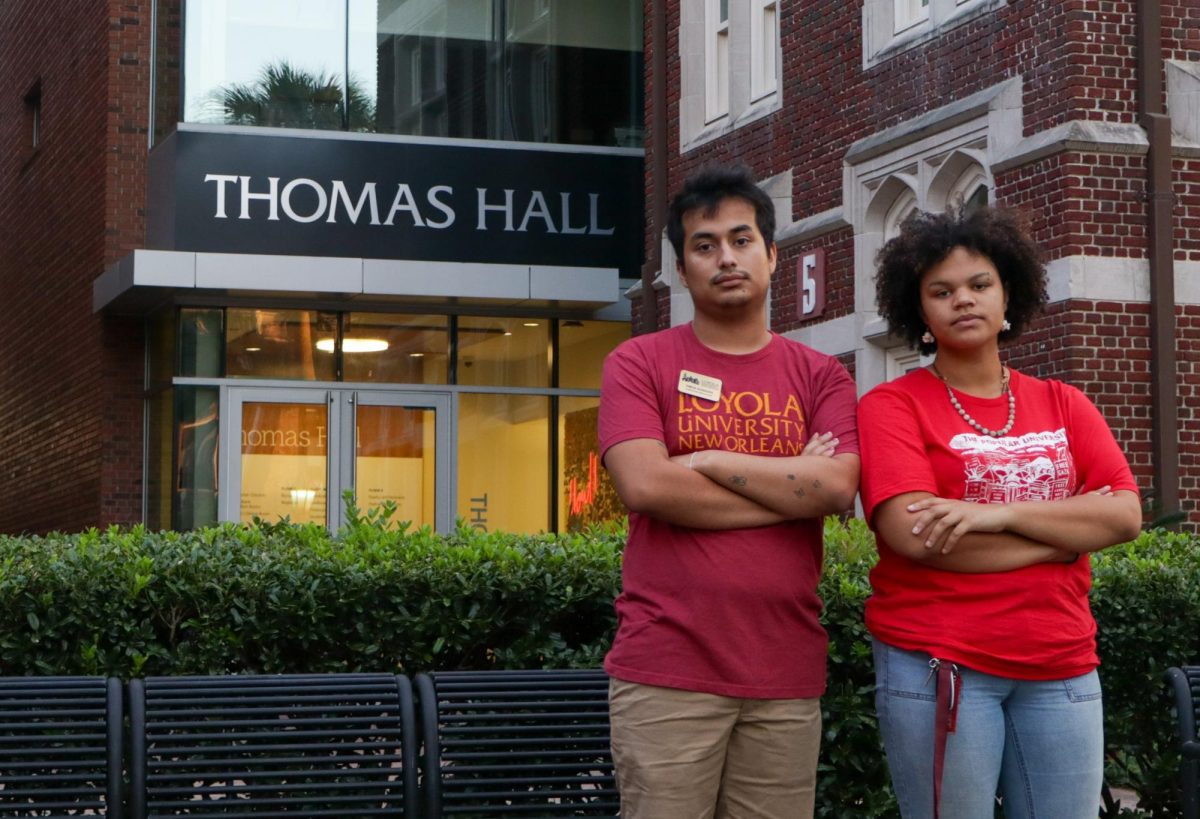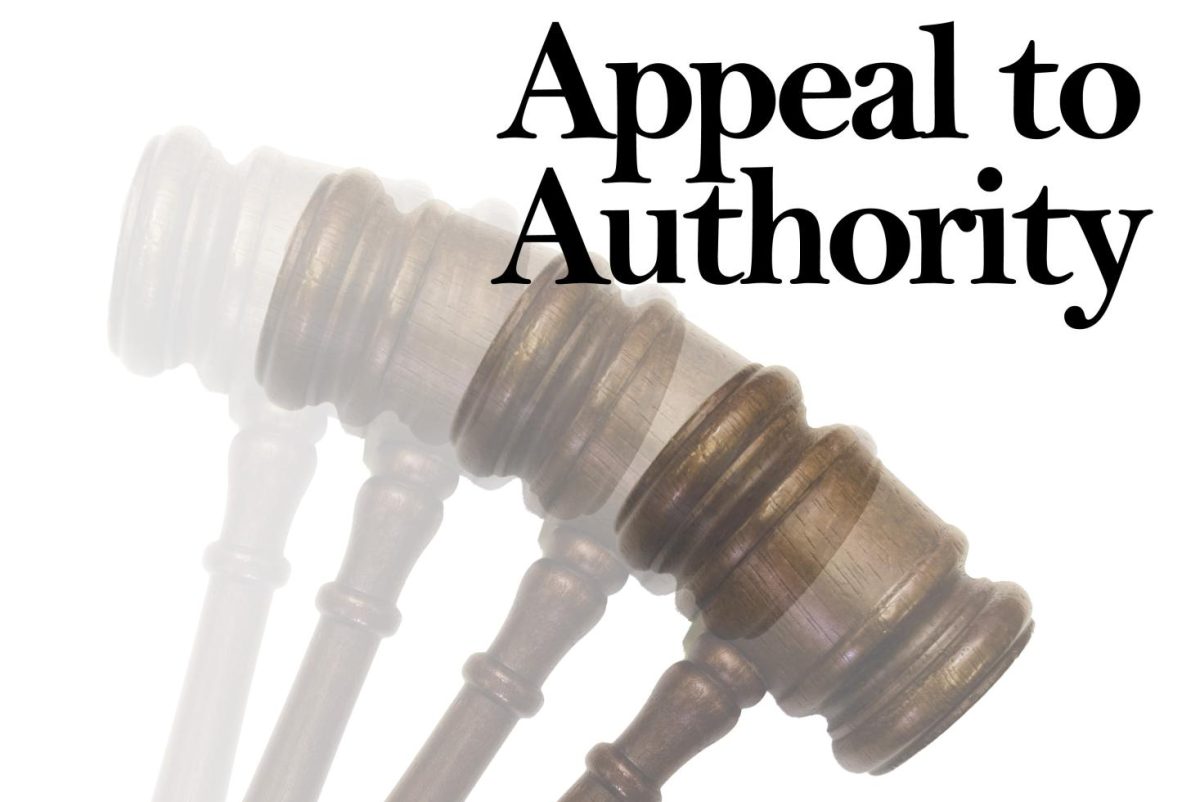Loyola began acting on its new five-year Quality Enhancement Plan this semester, and according to school administration, the plan is on track with its progress outline. The Quality Enhancement Plan Leadership Team said the first few courses, internships and exchange programs are adapting to the new plan this semester.
The first step of the implementation was a three-day faculty academy in early August. Through the academy, an education expert from Tufts University in Massachusetts trained 22 Loyola faculty and staff members to use experiential learning in their classes. The plan’s leadership team invited the 22 faculty members because of their interest in new teaching methods and their willingness to improve, said Leslie Culver, Quality Enhancement Plan assessment coordinator, and Brad Petitfils, senior director of student success.
“They are now making changes in their courses or programs to emphasize experiential learning activities,” Petitfils said in an email.
The overall goal of the enhancement plan is to help students apply their classroom experiences to other aspects of their academic and professional lives, said Cathy Rogers, Quality Enhancement Plan faculty director.
“[Students] should connect the dots,” Rogers added.
Loyola’s enhancement plan is split into four workgroups, or target areas, for improvement: research, scholarship and creative arts; internships; service learning and study abroad. Each of these workgroups features five course steps that will be implemented over the plan’s five years.
Rogers said the courses “Diversity in Society” and “Style and Practice of Popular Music 1” are among the first classes with a Quality Enhancement Plan implementation, and new classes will take on the plan each year.
Over the next five years, the Quality Enhancement Plan team plans to reach roughly one-third of Loyola’s students with classes that exist in one of the established workgroups.
According to Rogers, the most important development in course outlines are students’ reflections at the end of each semester. Those reflections allow students to analyze the effectiveness of their experiential learning.
“Literature suggests that learning outcomes are improved when students reflect on their work,” Rogers said.
However, instructors will determine how they want their students to reflect on classwork. Rogers said reflections may be essays, papers or final projects. Instructors will submit reflections to the Quality Enhancement Plan team, which will evaluate and use them to plan for the following year.
“Our first cohort of classes will submit student reflections in December, and the QEP Leadership Team will assess those reflections in early 2017,” Petitfils said.
Each year of the Quality Enhancement Plan, which is part of the re-accreditation process for the Southern Association of Colleges and Schools, will end with student reflection and begin with a faculty academy.


